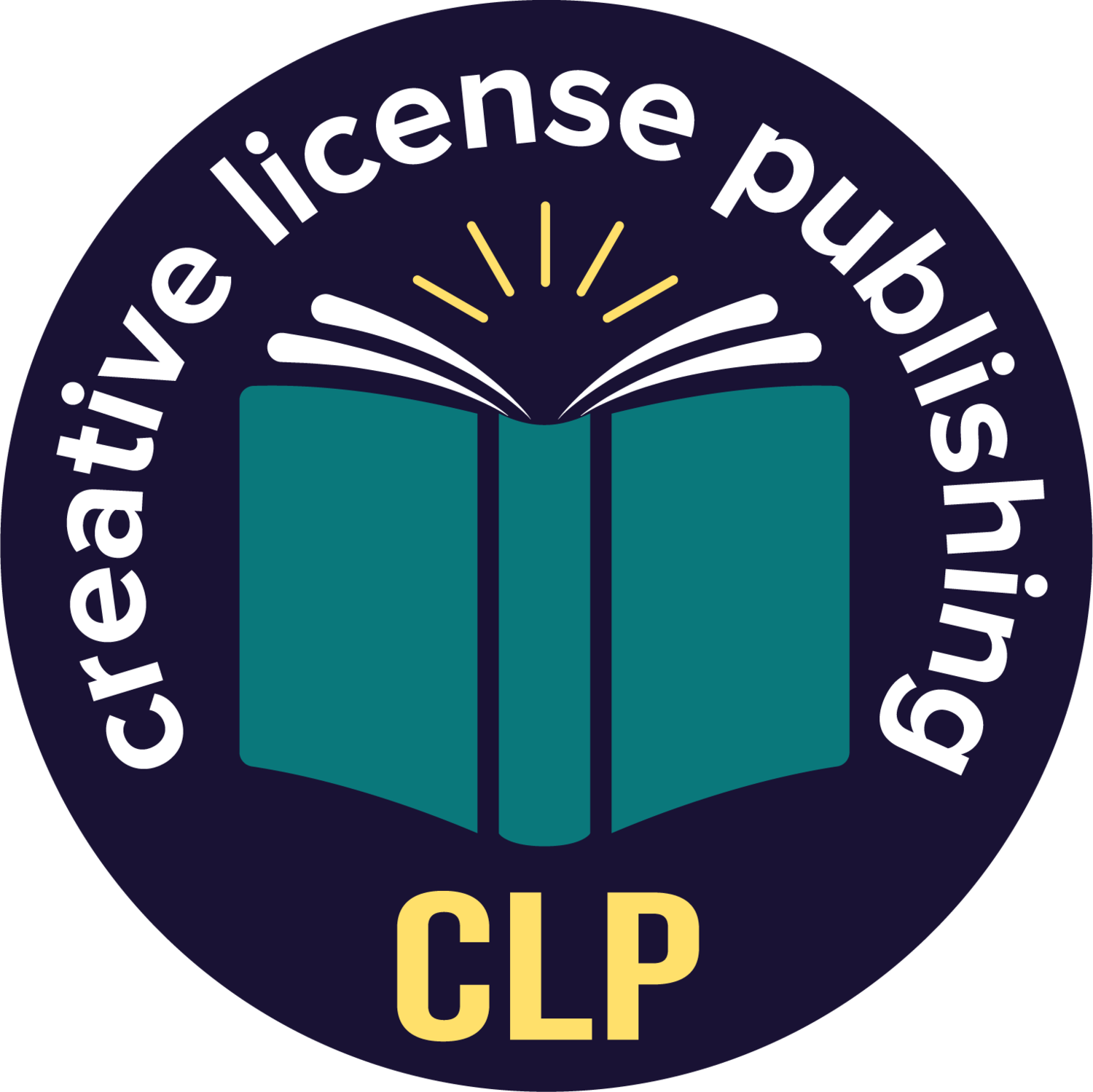Identify Your Audience & Target Market
Julie Wilkes
It is tempting to regard the act of writing as a solitary pursuit: the lone figure slaving away with paper and pen, or in this modern age with illuminated laptop, existing in a world of his or her own creation with only their imagination and its composite characters for company. Tempting, but inaccurate. In reality, most writers do what they do because they assume that one day, their words will be read by someone other than themselves. It’s the only conceivable way of making a living as a writer: selling your words to a receptive readership. Writing is real work and it is not completed in a vacuum, nor can it survive in one.
When I began writing as a child, my first audience was family, friends, and a collection of well-mannered stuffed animals. They humored me, and on the part of those with actual animate ability, encouraged me again and again to share the stories that swirled in my mind. In this way, I knew that my words were not merely mine; they belonged to anyone who elected to read them. I wrote for myself, but I also wrote for all those other pairs of eyes. That responsibility was and is empowering, inspiring, and also a little terrifying.
Because even if I believe my words are required reading, there is no telling how they will be received by a reader with his or her own opinions, preferences, and history. Whenever I’m editing a work of my own, I frequently ask, “Would someone else gain as much from reading these words as I do from authoring them?” This exercise requires brutal honesty with oneself, which I think is more often than not endemic to writers as we are our own toughest critics. We must be frank with ourselves and ask at every point of writing who beyond ourselves we imagine investing the time, money, and emotional capacity for our books? Because without an identified audience and target market, we will not become read and respected writers.
Any author who has invested time, money, and emotion into writing a book intimately knows the feeling of writing in a void. No matter how vivid a world you create on the page, its existence and success depend on acknowledgement from those outside—the audience. The act of writing requires that an author know his or her target market, ideally as intimately as possible. What is the age range of those readers? Can a specific gender relate to the characters or plot more easily than another? Do you as the author use language that welcomes certain readers or alienates others? Who specifically are you hoping to reach and impact with your book?
Penning a bestselling young adult chapter book is thematically and linguistically different from dreaming up the next homicidal whodunnit beach read. Understanding that difference is crucial for any book’s success. It’s not enough to write a book that you the author loves, with characters like your dearest friends and a plot that’s picture-perfect from your perspective. Any successful writer must write a book that is equally or perhaps even more beloved by readers. This objective can only be met when an author identifies and truly understands his or her target audience as readers and as people, with needs, desires, fears, dreams, and an insatiable wish to be told a story and invited into another world—if only for the length of a hardcover book.
